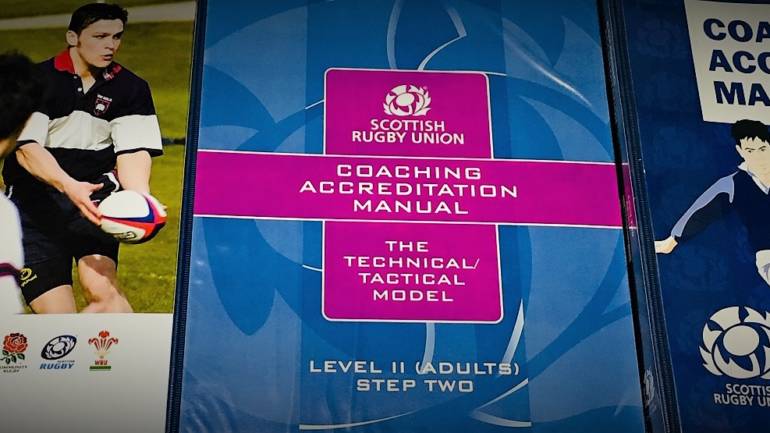Personal development is a journey, not a destination.

Between stimulus and response there is a space. In that space is our power to choose our response. In our response lies our growth and our freedom.
Dream big, develop yourself, unleash your potential, play well with others, play to your strengths, enjoy the process, share your unique gifts with the world, and grow your greatness by testing yourself, expanding yourself, learning and improving.

#1. BE KIND TO YOURSELF
Did you know that there is a stronger correlation between self compassion and happiness than there is between a strong self esteem and happiness? Well there is. And that should be good news to you because whereas outside influences can erode (or bolster) self esteem, there’s nothing external that can stop you offering yourself self compassion.
#2. DON’T COMPARE YOURSELF TO OTHERS – OR EVEN TO YOURSELF
When we start to compare ourselves to others we run the very high risk of then basing our self worth on what other people say, do or achieve. Even if you are very, very good at what you do the odds are that there are people on the planet better than you.
#3. ACKNOWLEDGE YOUR WEAKNESSES
Too often people either try to pretend their weaknesses don’t exist or they try to minimize the negative impact their bad habits have on their lives. For example, many smokers think, “I could quit if I wanted to,” because they don’t want to admit they’re hooked.
#4. ESTABLISH A CLEAR PLAN
No one wakes up one day suddenly blessed with self-discipline. Instead, you need a strategy. Whether you want to increase good habits – like exercising more often, or you want to eliminate bad habits – like watching too much TV, you’ll need to develop a plan to outline the action steps that will help you reach your goals.
#5. REMOVE THE TEMPTATIONS WHEN NECESSARY
Although we’d all like to believe we have enough willpower to resist even the most alluring enticement, it only takes one moment of weakness to convince ourselves to cave to temptation. Making it difficult to access those temptations can be pivotal to increasing self-discipline. If you can’t resist overspending when you go to the mall, leave the credit card at home and only take a small amount of cash.
#6. PRACTICE TOLERATING EMOTIONAL DISCOMFORT
It’s normal to want to avoid pain and discomfort, but trying to eliminate all discomfort will only reinforce to yourself that you can’t handle distress. We can usually stand a lot more discomfort than we think we can. Practice allowing yourself to experience uncomfortable emotions like boredom, frustration, sadness, or loneliness and increase your tolerance to the negative emotions that you may experience as you increase your self-discipline.
#7. VISUALIZE THE LONG – TERM REWARDS
You’ll be less likely to cave to temptation when you focus on the long-term gain. Giving in to today’s temptations may make you feel happy now, but long-term happiness and contentment requires you to forgo immediate gratification. Visualize yourself meeting your goals and reaping the rewards that you’ll gain by practicing self-discipline on a daily basis.
#8. RECOVER FROM MISTAKES EFFECTIVELY
Self-discipline comes easier on some days than others. If you’re feeling stressed about an upcoming presentation, you may convince yourself to skip your workout. Or if you’re ecstatic about your most recent business deal, you may let your good habits slide for a bit. Making mistakes is part of the process to becoming better. The way you recover from those mistakes is what’s most important. The key is to acknowledge your mistakes and move on from them with even more resolve to do better next time.
